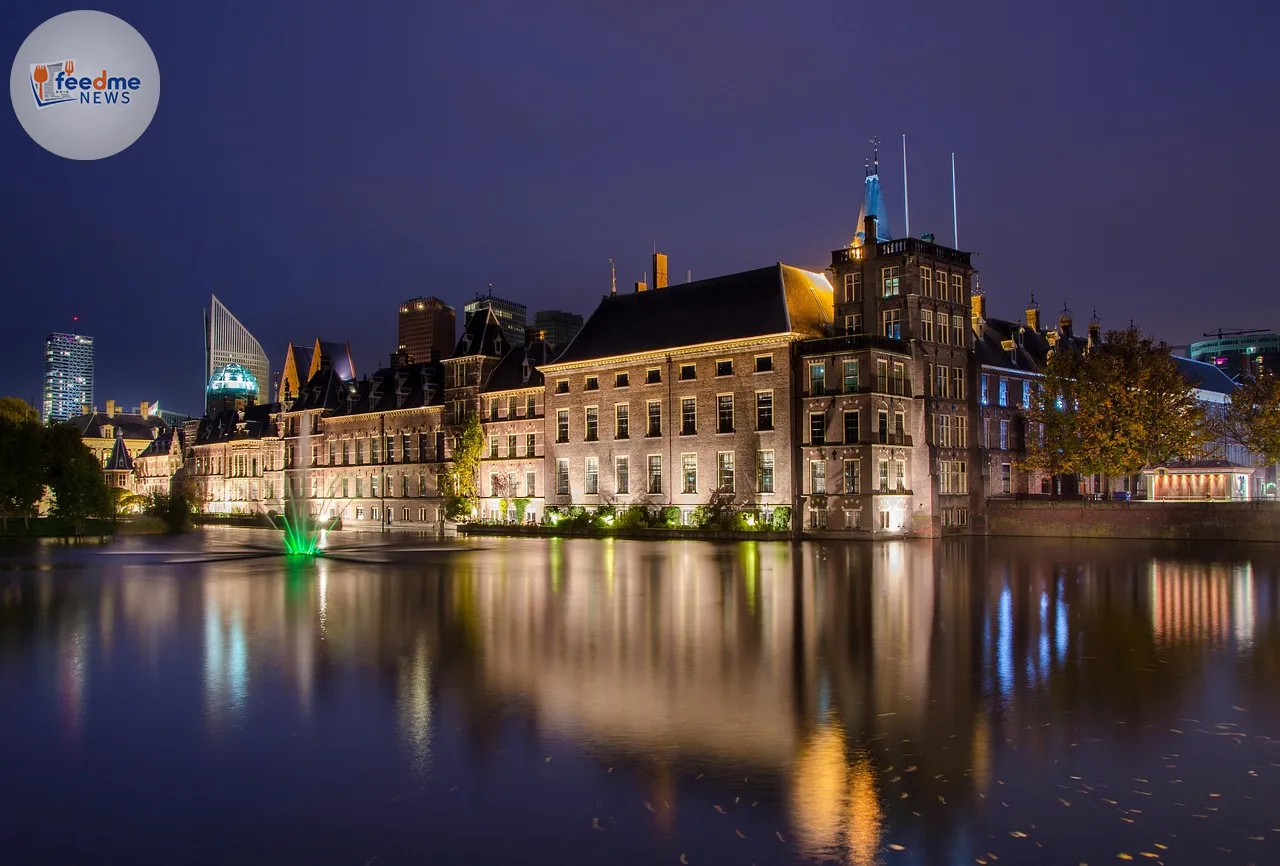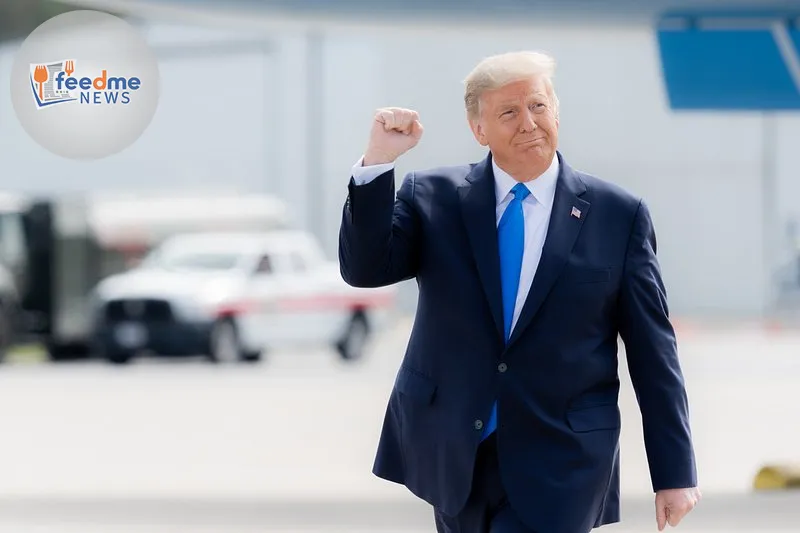The recent collapse of the Dutch government has sent ripples through the streets of Amsterdam and beyond. Geert Wilders, leader of the far-right Party for Freedom (PVV), walked out of the coalition, effectively dismantling the government. This decision left many in the Netherlands divided, with some expressing relief and others disappointment. The collapse came after Wilders failed to amend the coalition agreement to introduce stringent asylum policies, including the deportation of Syrians with temporary residency.
The political instability has raised questions about the future of Dutch governance and the impact on its citizens, particularly those from immigrant backgrounds. Ataa Bodin, a 34-year-old Syrian resident of the Netherlands, expressed satisfaction with the government’s fall. “It’s good,” she stated, noting the difficulties faced by others in similar situations who cannot easily return to Syria. The incident has sparked a broader conversation about immigration policies and political trust in the Netherlands.

A Political Crisis Unfolds
The dramatic political development occurred in early June 2025, when Geert Wilders announced his departure from the ruling coalition. The decision was rooted in his dissatisfaction with the coalition’s stance on asylum policies. Wilders had been pushing for the implementation of ten new policies aimed at tightening asylum regulations, a move that was met with resistance from other coalition partners.
Wilders’ insistence on harsher measures, including the potential deportation of Syrian residents with temporary status, was a step too far for his coalition allies. The breakdown of negotiations led to his withdrawal, leaving the government in a state of disarray. The timing of this political crisis is significant, as it comes ahead of scheduled parliamentary elections, adding to the uncertainty about the nation’s future governance.
Public Reaction and Political Trust
The collapse of the government has elicited mixed reactions from the Dutch public. For some, like Ataa Bodin, the government’s fall represents a chance for more inclusive policies. However, for others, it signifies a failure of political leadership and a breach of trust. Recent surveys indicate a decline in public confidence in political institutions, with the far-right base experiencing the sharpest drop.
Political analysts suggest that this erosion of trust could have long-term implications for Dutch democracy. The rise of populist sentiment, as evidenced by Wilders’ actions, reflects a growing divide in the country. Experts warn that without addressing the underlying issues of immigration and integration, political instability may persist.
Immigration Policies Under Scrutiny
The debate over immigration policies has been a contentious issue in Dutch politics for years. Wilders’ proposed changes aimed to drastically alter the landscape of asylum laws in the Netherlands. His push for deportations and stricter regulations was seen as an attempt to appeal to his far-right base, which has been vocal about its opposition to current immigration practices.
Critics argue that such measures would not only harm vulnerable populations but also tarnish the Netherlands’ reputation as a welcoming and inclusive nation. Human rights organisations have expressed concern over the implications of Wilders’ proposals, emphasising the need for policies that balance security with compassion.
The Road Ahead for Dutch Politics
As the Netherlands grapples with the fallout from the government’s collapse, the path forward remains uncertain. With parliamentary elections on the horizon, political parties are gearing up for what promises to be a highly contested race. The outcome of these elections could reshape the country’s political landscape and set the tone for future governance.
In the meantime, interim measures are being put in place to ensure the continuity of government functions. The Dutch King has called for calm and urged political leaders to work towards a stable solution. However, the road to restoring political stability may prove challenging, given the deep-seated divisions.
The recent events in the Netherlands highlight the complexities of governing in a diverse and multicultural society. As political leaders navigate this tumultuous period, the decisions they make will have lasting consequences for the nation and its people. The focus now shifts to finding common ground and building a government that reflects the values and aspirations of all Dutch citizens.
In conclusion, the collapse of the Dutch government marks a pivotal moment in the nation’s political history. It serves as a reminder of the delicate balance required in managing immigration policies and maintaining public trust. As the Netherlands moves forward, the eyes of the world will be on its leaders, watching how they address these challenges and shape the future of Dutch politics.





